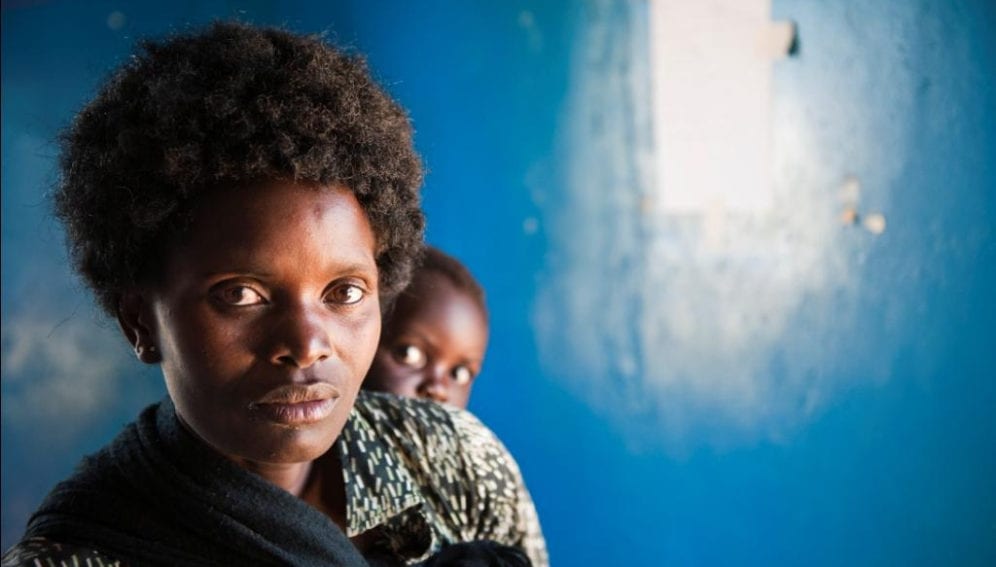By: Roger Williamson
Send to a friend
The details you provide on this page will not be used to send unsolicited email, and will not be sold to a 3rd party. See privacy policy.
As climate change takes effect, the time taken to collect food and water will increase, and women and girls will bear the brunt of this, argues Janna Tenzing in a recent article on gender equality through a climate change lens. [1]
All aspects of poverty eradication have a gender dimension — climate change is no exception.
“Preventing women from reaching their full potential damages productivity and well-being, and so undermines poverty-reduction efforts.”
Roger Williamson
To account for this, there have to be specific gender-related development goals at international level. Gender analysis must be part of all the post-2015 targets that follow the Millennium Development Goals — but there also need to be stand alone targets on gender, as there are in the latest draft. This is because gender-based violence will not be as clearly targeted under a general human rights or violence-reduction goal. One new research report on Sudan — launched just before this week’s global summit to end sexual violence in conflict — shows how terrifying and prevalent gender-based violence is, comparing it with a “bush fire” which can suddenly engulf you. [2]
There are two convincing types of reason why everyone — therefore also men — has to take gender equality and inclusion seriously. One is economic: not recognising the work of women (including caring for children and family members) and preventing women from reaching their full potential damages productivity and well-being, and so undermines poverty-reduction efforts. The other set of arguments is about justice and human rights: gender-based violence is wrong and would be wrong even if there were no economic arguments against it.
I have worked recently as rapporteur at both a UN conference on the least developed countries and a UNU-WIDER meeting on aid and gender equality. I would encourage more men to engage actively with these issues. This involvement has made it even clearer to me that gender is about power and socially-constructed relationships: so that includes everybody.
That understanding is presented in more depth in the new UNU-WIDER position paper on aid for gender equality and also Feminists in Development Organizations. [3,4]
It’s an old maxim that ‘what gets counted is what counts’. As Janna Tenzing stresses, gender-disaggregated data is essential for eliminating power disparities and poverty eradication. Until you know how women are harmed by what is happening now, you can’t improve it for the future.
Roger Williamson is an independent consultant and visiting fellow at the Institute of Development Studies at the University of Sussex, United Kingdom. Previous positions include organising nearly 80 international policy conferences for the UK Foreign Office and being head of policy and campaigns at Christian Aid.
References
[1] Janna Tenzing Making gender equality a global and local reality (International Institute for Environment and Development, 21 May 2014)
[2] Marjoke Oosterom ‘It may approach as quickly as a bushfire’: Gendered violence and insecurity in South Sudan (Institute of Development Studies, 30 May 2014)
[3] Aid and gender equality (UNU-WIDER, 2014)
[4] Rosalind Eyben and Laura Turquet (editors) Feminists in development organizations: Change from the margins (Institute of Development Studies, 2013)














